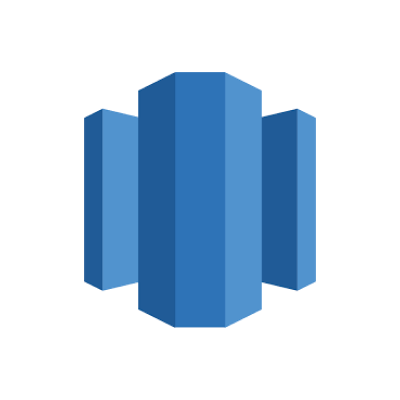Compare - Databricks VS Cazena
Here’s the difference between Databricks and Cazena. The comparison is based on pricing, deployment, business model, and other important factors.
About Databricks
Databricks provides a data lakehouse that unifies your data warehousing and AI use cases on a single platform. With Databricks, you can implement a common approach to data governance across all data types and assets, and execute all of your workloads across data engineering, data warehousing, data streaming, data science, and machine learning on a single copy of the data. Built on open source and open standards, with hundreds of active partnerships, Databricks easily integrates with your modern data stack. Additionally, Databricks uses an open standards approach to data sharing to eliminate ecosystem restrictions. Finally, Databricks provides a consistent data platform across clouds to reduce the friction of multicloud environments. Today, Databricks has over 7000 customers, including Amgen, Walmart, Disney, HSBC, Shell, Grab, and Instacart.
About Cazena
Cazena provides managed cloud service for end-to-end big data service. It acts as an extension to the enterprise infrastructure and enables to run workloads in the cloud. It has intelligence built in to deploy infrastructure for Hadoop, MPP SQL, Spark or search based on the workload. Existing BI tools could be used to analyze the data as if it were present in local. Its use cases include overloaded datacenter, simplifying analytic pipelines, as a sandbox environment, as a data lake etc.
Comparison Table
| Overview | ||
|---|---|---|
| Categories | Data Warehouses, Data Lakes | Data Lakes |
| Stage | Late Stage | Mid Stage |
| Target Segment | Enterprise, Mid size | Enterprise, Mid size |
| Deployment | SaaS | SaaS |
| Business Model | Commercial | Commercial |
| Pricing | Freemium, Contact Sales | Contact Sales |
| Location | San Francisco, US | US |
| Companies using it | ||
| Contact info |
Add to compare
